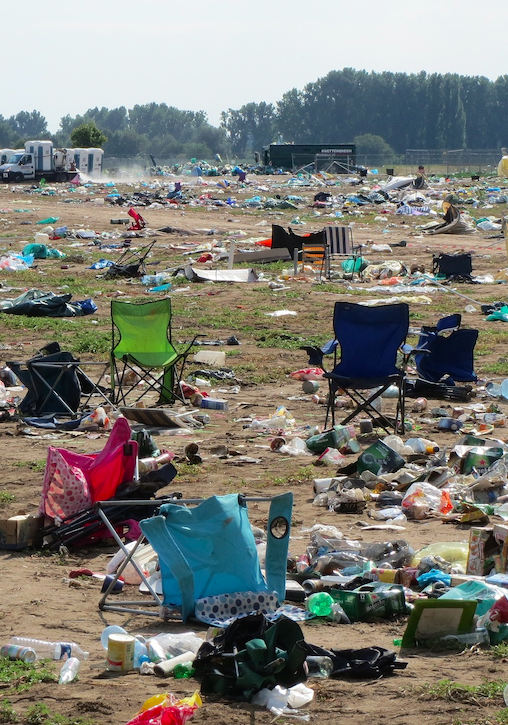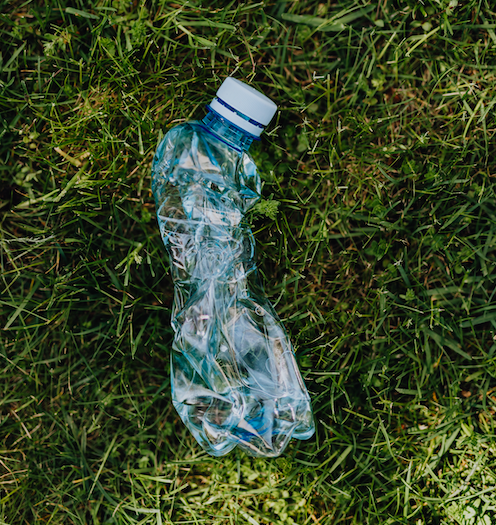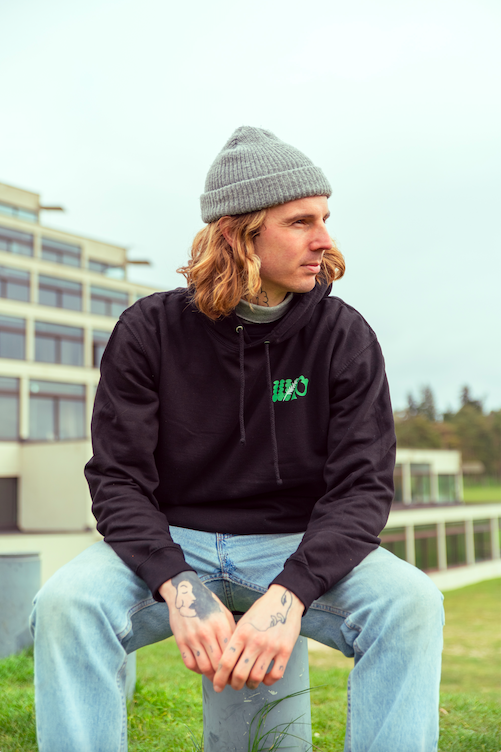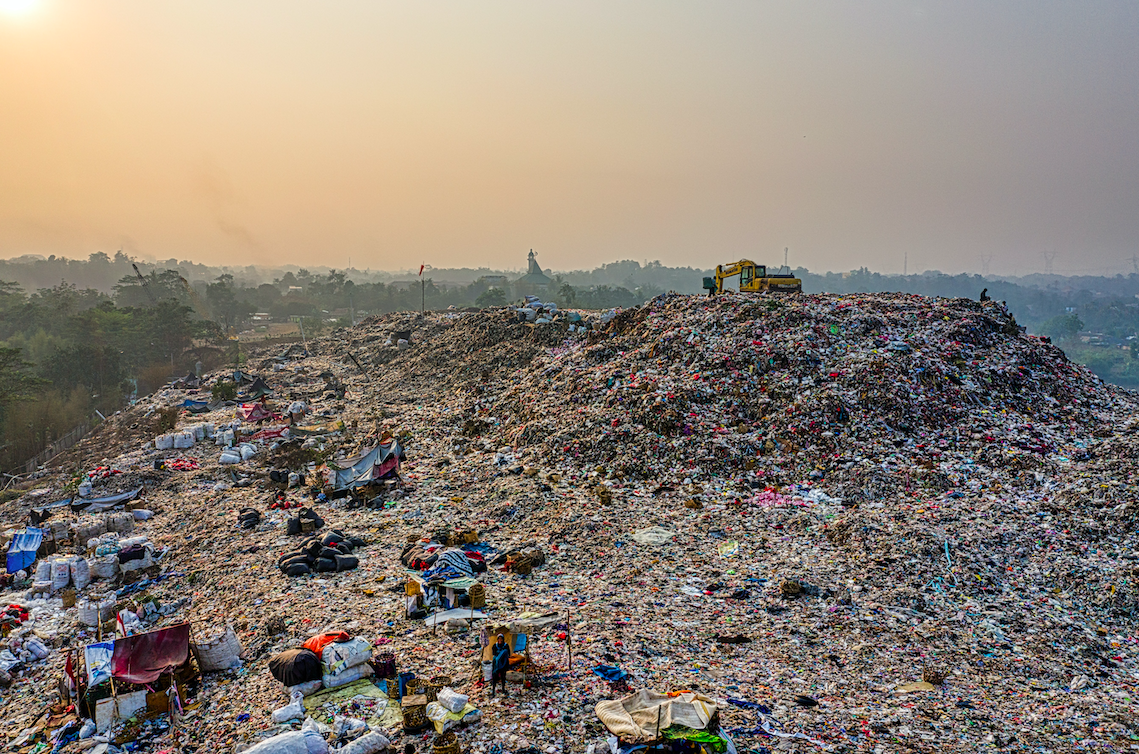Wild Paths Festival, together with sustainable apparel brand No Encore, will become the first UK festival to launch an entire merchandise collection from secondhand and vintage garments.
Wild Paths’ tagline is ‘a new breed of music festival,’ which is reflected in their steps into a sustainable future by working with No Encore to make all of their 2021 fashion merchandise from vintage and secondhand garments: reprinted and reimagined for the festival.
The Wild Paths ethos is projected through its efforts to tackle climate issues and challenge outdated attitudes. In 2021 the festival will also be partnering with CanO and Frank Water, a charity that raises funds and awareness of water issues across the UK to help educate attendees and eradicate single-use plastics from the festival site.
The team is also looking to make Wild Paths carbon neutral by working in conjunction with Ecolibrium and other like-minded climate organisations - tackling travel-based carbon emissions and supporting tree-planting and green energy projects.
Founded by ex-musician and sustainable living advocate Abigail Blake, No Encore knows that the pinnacle of sustainability is not to use the earth's resources to create new products, but to recycle what is already on the planet.
The Wild Paths 2021 merchandise will see upcycled T-shirts from brands including Nike, Adidas, Kappa, and even vintage Calvin Klein, Ralph Lauren garments - all reprinted with Wild Paths artwork.






